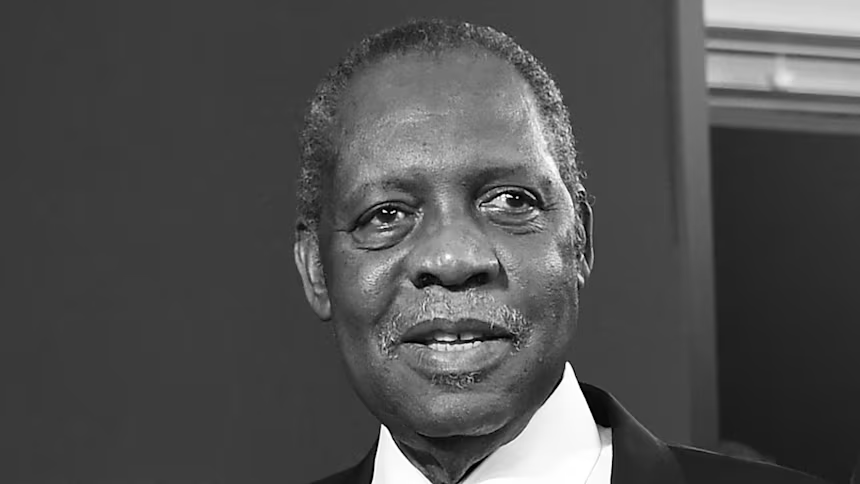Estimated reading time: 2 minutes
Minister of Budget and Economic Planning Abubakar Bagudu has emphasised the need for collaborative efforts among stakeholders to help Nigeria overcome its current economic crisis.
Speaking at the launch of ActionAid Nigeria’s Country Strategy Paper in Abuja on Thursday, Bagudu highlighted that reviving the economy requires contributions from all sectors of society, not just the government.
Bagudu stressed that President Bola Tinubu’s administration rejects a “blame game” approach, instead focusing on uniting Nigerians to address the nation’s economic challenges.

He urged a shift in mindset towards collaboration and understanding, suggesting that by working together, the country could transform its circumstances and foster hope and optimism.
The minister pointed out that the crisis stems from years of underinvestment in key economic sectors and emphasized the importance of learning from countries like Indonesia and Brazil, which have successfully navigated similar challenges.
RECOMMENDED POSTS
Bagudu noted that Brazil’s federal budget is approximately $700 billion, while Nigeria’s is only about $20 billion, with the highest ever being $35 billion. He questioned whether Nigeria could achieve similar economic growth without significantly increasing its federal spending.
“Confronting our reality is like gathering the family and acknowledging that we are not as wealthy as we think,” Bagudu said, adding that this realization could spark new energy and reduce the sense of entitlement.
Addressing recent cost-of-living protests, the minister explained that economic reforms are essential to reposition the economy for both domestic and foreign investment.
While acknowledging the widespread poverty in the country, Bagudu asserted that eradication would require coordinated efforts from all levels of government to ensure inclusive growth.
“The ultimate goal of social action is inclusivity. This can only be achieved through cooperation, reduced judgmental attitudes, and a collective push for better governance. While some challenges are global, we cannot afford to be complacent; we must act swiftly to mobilize and improve.”






